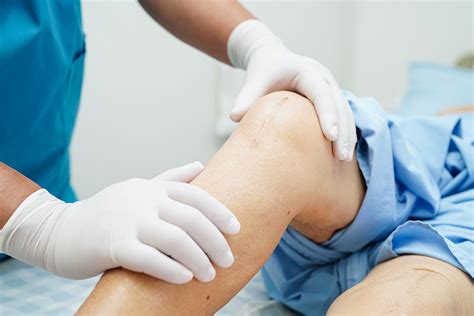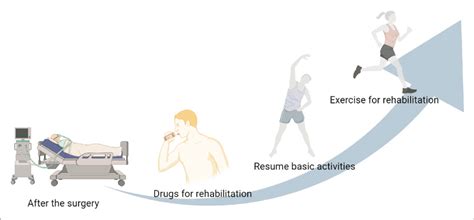Intro
Discover expert 5 joint replacement tips for a successful surgery, including recovery, rehabilitation, and post-op care, to alleviate arthritis pain and improve mobility with orthopedic solutions.
Joint replacement surgery is a life-changing procedure that can help alleviate chronic pain and restore mobility in individuals suffering from severe joint damage or degenerative conditions. As the population ages, the demand for joint replacement surgeries continues to rise, with millions of people undergoing hip, knee, shoulder, or other joint replacement procedures every year. The decision to undergo joint replacement surgery can be daunting, and it's essential to be well-informed about the process, benefits, and potential risks involved. In this article, we'll delve into the world of joint replacement, exploring the top tips to help you navigate this significant decision and ensure a successful outcome.
Joint replacement surgery is a major operation that requires careful consideration, thorough preparation, and a commitment to post-operative rehabilitation. The success of the procedure depends on various factors, including the skill and experience of the surgeon, the quality of the implant, and the patient's overall health and lifestyle. By understanding the intricacies of joint replacement surgery and taking proactive steps to prepare yourself, you can minimize potential complications, optimize your recovery, and enjoy a faster return to normal activities.
The journey to joint replacement surgery often begins with a long history of joint pain, stiffness, and limited mobility. As the condition progresses, everyday tasks become increasingly challenging, and the quality of life suffers. Joint replacement surgery offers a beacon of hope for those struggling with debilitating joint conditions, providing a chance to regain independence, mobility, and a pain-free life. However, it's crucial to approach this decision with caution, weighing the potential benefits against the risks and considering alternative treatment options before making a final decision.
Understanding Joint Replacement Surgery

Types of Joint Replacement Surgeries
The most common types of joint replacement surgeries include: * Hip replacement: Involves replacing the damaged hip joint with an artificial joint, consisting of a ball-and-socket component. * Knee replacement: Involves replacing the damaged knee joint with an artificial joint, consisting of a metal and plastic component. * Shoulder replacement: Involves replacing the damaged shoulder joint with an artificial joint, consisting of a ball-and-socket component. * Elbow replacement: Involves replacing the damaged elbow joint with an artificial joint, consisting of a hinge component. * Ankle replacement: Involves replacing the damaged ankle joint with an artificial joint, consisting of a metal and plastic component.Pre-Surgery Preparation

Benefits of Pre-Surgery Preparation
Pre-surgery preparation can have numerous benefits, including: * Reduced risk of complications * Faster recovery * Improved mobility * Enhanced overall healthChoosing the Right Surgeon

Questions to Ask Your Surgeon
When consulting with your surgeon, ask the following questions: * What type of joint replacement surgery do you recommend? * What are the potential risks and complications associated with the procedure? * What is the expected recovery time? * What type of implant will be used?Post-Operative Rehabilitation

Tips for a Successful Rehabilitation
To ensure a successful rehabilitation, follow these tips: * Adhere to your rehabilitation program * Take pain medication as directed * Attend follow-up appointments with your surgeon and rehabilitation team * Gradually increase your activity levelManaging Expectations

Common Misconceptions
Debunking common misconceptions about joint replacement surgery can help you manage expectations: * Joint replacement surgery is not a cure-all for joint pain. * The procedure does not guarantee a full return to normal activities. * Recovery can take several months to a year or more.Conclusion and Next Steps

We invite you to share your thoughts, questions, or experiences with joint replacement surgery in the comments below. If you found this article informative, please share it with others who may benefit from this valuable information. Take the first step towards a pain-free life, and consult with your healthcare provider to discuss your options for joint replacement surgery.
What are the most common types of joint replacement surgeries?
+The most common types of joint replacement surgeries include hip, knee, shoulder, elbow, and ankle replacements.
How long does it take to recover from joint replacement surgery?
+Recovery time varies depending on the individual and the type of surgery, but most people can expect to take several months to a year or more to fully recover.
What are the potential risks and complications associated with joint replacement surgery?
+Potential risks and complications include infection, blood clots, nerve damage, and implant failure. However, these risks can be minimized by choosing an experienced surgeon and following a well-structured rehabilitation program.
